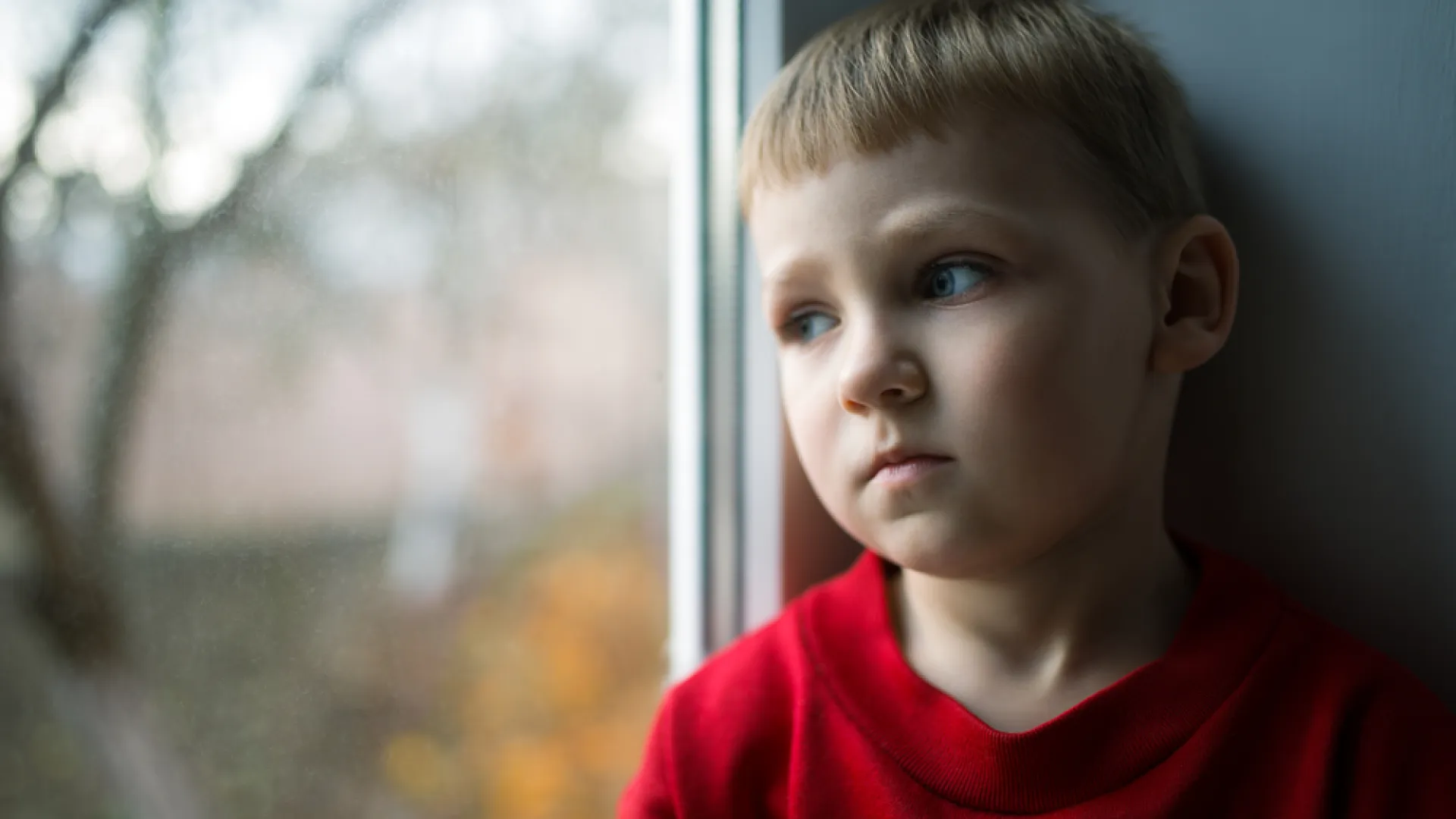
Child Dependency Actions
Child Dependency Actions (Formerly Child Deprivation Actions)
In Georgia, where allegations of child abuse or neglect are levied against a parent or guardian, the Division of Family and Children Services (DFCS) may have the authority to take an allegedly dependent child into state custody. In order for DFCS to retain custody of the abused or dependent child, a child dependency action, formerly known as child deprivation actions, must be initiated.
According to Georgia law, a dependent child (or deprived child) is defined as a child who: "(A) Has been abused or neglected and is in need of the protection of the court; (B) Has been placed for care or adoption in violation of law; or (C) Is without his or her parent, guardian, or legal custodian." O.C.G.A. § 15-11-2(22). As alluded to above, under former iterations of Georgia law, children in need of the protection of the court due to abuse and neglect, the absence of a parent or guardian, or due to being illegally placed for adoption were previously referred to as deprived children. However, pursuant to current Georgia law, such children are now referred to as dependent children and the legal actions that must be initiated to effectuate their permanent removal from the custody of an abusive parent or guardian are now referred to as dependency actions.
To initiate a child dependency action alleging the abuse or neglect of a child, a petition must be filed that sets out the following facts and allegations:
(1) The facts which bring a child within the jurisdiction of the court, with a statement that it is in the best interests of the child and the public that the proceeding be brought;
(2) The name, date of birth, and residence address of the child named in the petition;
(3) The name and residence address of the parent, guardian, or legal custodian of the child named in the petition; or, if such child's parent, guardian, or legal custodian does not reside or cannot be found within the state or if such place of residence address is unknown, the name of any known adult relative of such child residing within the county or, if there is none, the known adult relative of such child residing nearest to the location of the court;
(4) Whether the child named in the petition is in protective custody and, if so, the place of his or her foster care and the time such child was taken into protective custody; and
(5) Whether any of the information required by this Code section is unknown.
O.C.G.A. § 15-11-152. Although dependency actions are generally initiated by the Division of Family and Children Services, "any person who has actual knowledge of the abuse, neglect, or abandonment of a child or is informed of the abuse, neglect, or abandonment of a child that he or she believes to be truthful may make a petition alleging dependency." O.C.G.A. § 15-11-150. Thus, grandparents or other family members may seek temporary custody of a child believed to be abused by filing a private dependency action against the child's parents.
Unlike divorce or child custody issues associated with divorce, legitimation or paternity actions, petitions alleging child dependency must generally be filed in the Juvenile Court in county where child resides. However, during divorce litigation, a Juvenile Court will not accept a dependency petition filed by one parent against the other, because such cases are often an effort by one party to gain custody of a child without making the necessary best interest of the child showing. In the Interest of W.W.W., 213 Ga. App. 732 (1994). Thus, all dependency petitions filed by one parent against another must initially be filed in Superior Court. Only once a Superior Court judge finds that the dependency action is not a child custody dispute in disguise will that court then transfer the matter to the appropriate Juvenile Court. In the Interest of M.A. et al., Children, 218 Ga. App. 433 (1995).
The purpose of Georgia's child dependency laws are to ensure that every child enjoys "such care and guidance, preferably in his or her own home, as will secure his or her moral, emotional, mental, and physical welfare as well as the safety of both the child and community." O.C.G.A. § 15-11-1. With this being said, the ultimate goal of most dependency actions is the eventual reunification of the child with his or her parents. This goal of reunification is generally effectuated by the parents being presented with a reunification plan during the course of the dependency proceeding. This reunification plan is specifically tailored to the circumstances of each case and is designed to remedy the problems that resulted in the initiation of the dependency action and/or the temporary removal of the child from the parents' custody. For example, a parent might be ordered by the court to provide the court with proof of suitable house and employment or engage in services such as drug treatment, individual therapy or parenting classes. However, depending on the nature of the allegations and the responsiveness of the accused parents to the ordered services, the ultimate goal of the dependency action may be to terminate the parental rights of an abusive or neglectful parent and place the child with a foster family or place the child with an adoptive family.
Because child dependency actions have the potential to result in the permanent removal of a child from a parents custody, and in some circumstance the termination of a parent's parental rights, it is essential for any parent subject to a dependency action to contact an attorney who understands the complexities of Georgia family law and Georgia's Juvenile Court system as soon as possible.
